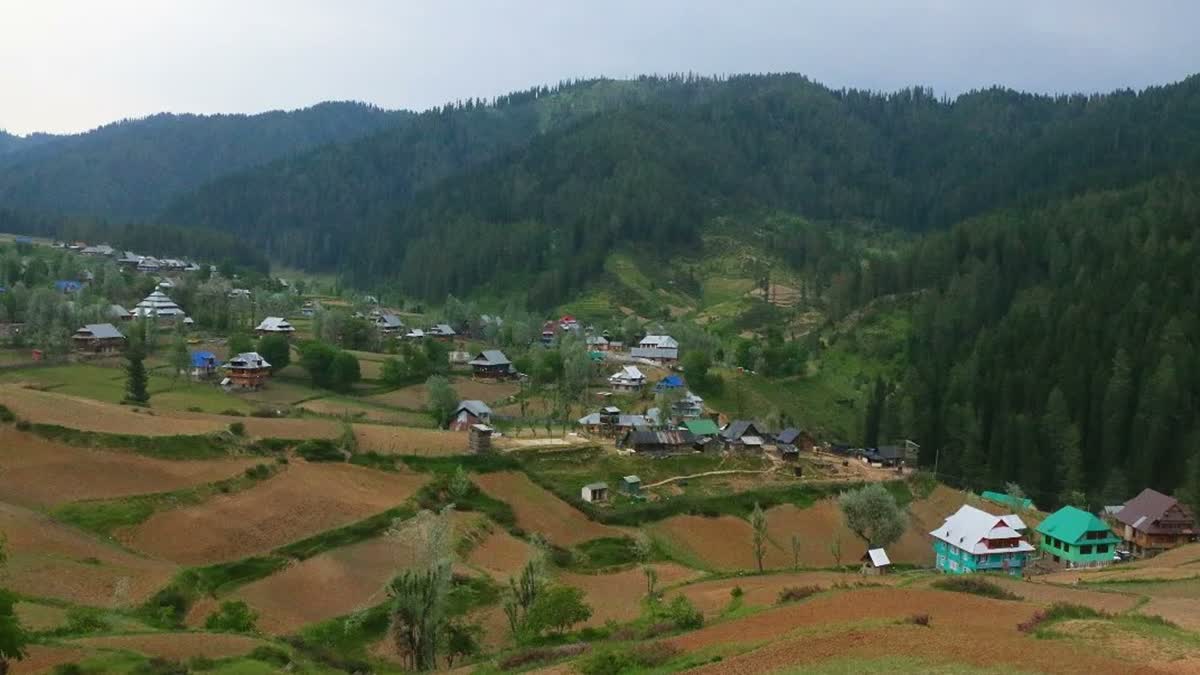Srinagar (Jammu and Kashmir): Local communities in the western Himalayas of Kashmir are leveraging traditional knowledge and wild edible plants to bolster food security and tackle climate change, a study published in Forest Policy and Economics claims.
Researchers Shiekh Marifatul Haq from Ilia State University in Georgia, Aadil Abdullah Khoja from Glocal University in India, Muhammad Waheed from both Ilia State University and the University of Okara in Pakistan, Manzer H. Siddiqui, Saud Alamri, Alanoud T. Alfagham, and Latifah A. AL-Humaid from King Saud University in Saudi Arabia, and Rainer W. Bussmann from Ilia State University and the State Museum of Natural History in Germany, documented how these communities preserve and use a variety of wild plant species traditionally harvested from forests.
"Traditional plant knowledge is integral to the resilience of these communities," Haq said in his paper. "It helps them adapt to environmental changes and ensures food security."
According to the researchers, Many herb species like Palanga, (Capsella bursa-pastoris), Haand (Cichorium intybus), Masnoori (Portulaca oleracea), Lakut-Gull (Plantago lanceolata) and Heand (Taraxcum officinale) which are climate resilient and grow as weeds in the study area. These could additionally become a part of home gardens to overcome food scarcity issues in near future.
The study identified 99 wild edible plant species and nine fungi species utilized by the Pahari, Gujjar, Kashmiri, and Bakarwal ethnic groups. The Pahari used the most plant species, followed by the Gujjar, Kashmiri, and Bakarwal. Tender leaves were the most frequently used plant part for food and medicinal purposes, while tubers were the least used.
Economic stability in Kashmiri communities has led to a preference for market-bought vegetables, reducing reliance on foraging. In contrast, the Gujjar and Pahari, who live closer to forests, actively forage and sell wild foods, enhancing their food security.
